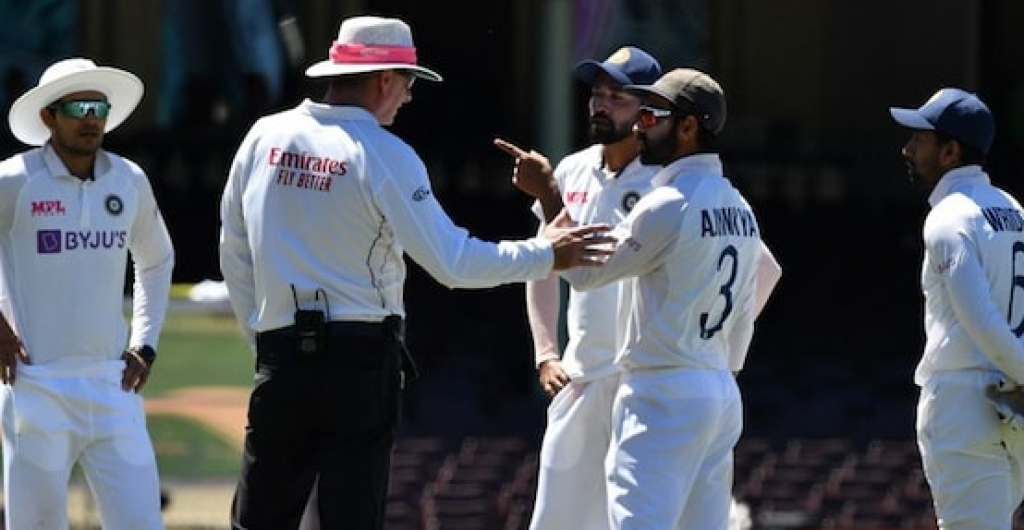Cricket has moved on from symbolic support of anti-racism movements, while racists have shown no lack of appetite to abuse non-white players, writes SA Cricket magazine editor RYAN VREDE.
As I write this, Cricket Australia (CA) is investigating an incident of alleged racist abuse at the Sydney Cricket ground after six spectators were ejected on Sunday. This followed a day after India reported alleged racist abuse towards bowlers Mohammed Siraj and Jasprit Bumrah.
Ravi Ashwin spoke passionately about the incident in Sunday’s post-match media conference, explaining that ‘nasty’ commentary from (especially but not excluding) the lower tier of the SCG, has been a feature of his and the team’s experience at the ground for the entirety of their careers.
This time, he alleges, it descended into vile racist abuse. ‘It is definitely not acceptable in this day and age,’ Ashwin declared. ‘We have evolved as a society. This must definitely be dealt with with an iron first and we must make sure that it doesn’t happen again. Unless it is dealt with, people don’t find the reason to look at it in a different way.’
Ashwin highlighted the absurdity of living in a modern society, but having to be subjected to a worldview that is underpinned by the belief in the superiority of one race over others.
Ravichandran Ashwin says he has experienced “nasty” behaviour from Sydney crowds in the past after allegations of abuse towards India players at the third Test.
— Sky Sports Cricket (@SkyCricket) January 10, 2021
However, he is only partly right when he says that worldview won’t be impacted in any way if the expression of hate that accompanies it, doesn’t elicit strong sanctions.
Punishing racists after players have already been subjected to abuse doesn’t prevent the trauma of that experience.
Herein lies the importance of a comprehensive and sustained awareness campaign, which should include teams giving players the option of showing solidarity with anti-racism movements if they so choose.
Kneeling and fist raising as symbolic gestures have been central features of the West Indies’ awareness campaign, but for the most part other nations have either shelved it completely or made awkward and ineffective attempts to show support.
The Proteas are guilty of this, first declaring that they wouldn’t kneel before matches in last year’s England series, then explaining that they would raise a fist in solidarity prior to the first Test against Sri Lanka. Players then raised a fist with little to no conviction. They subsequently dropped the gesture altogether for the second Test at the Wanderers.
Windies captain Jason Holder decried the waning appetite for this fight recently. ‘I personally was a bit disappointed to see how the Pakistan and Australia tours that went on after ours, that they were not showing their solidarity afterwards,’ Holder said late last year in reference to teams who toured England subsequent to the Windies, abandoning the gesture. He later lamented that there were no shows of solidarity and very little conversations about it during the Indian Premier League.
In the absence of the aforementioned sustained awareness campaigns, it appears that most teams and their governing bodies only needed to be seen to be doing something, anything, in order to look like they understood the spirit of the times. They wanted to appear woke but had no real plan to tackle the scourge of racism in the game. When the temperature dropped, so did their conviction on the issue of racism. This is a travesty.
But the incident in Sydney drove home once again that racists are unrelenting and for this reason need to feel anti-racism campaigns that are equally unrelenting.
I’ve written extensively before that no players should be forced to kneel or show any other form of solidarity with anti-racism movements. But the ones with whom those movements resonate should be given an opportunity to show such solidarity.
Cricket can’t treat racism as a trend, when racists view it as a lifestyle.







